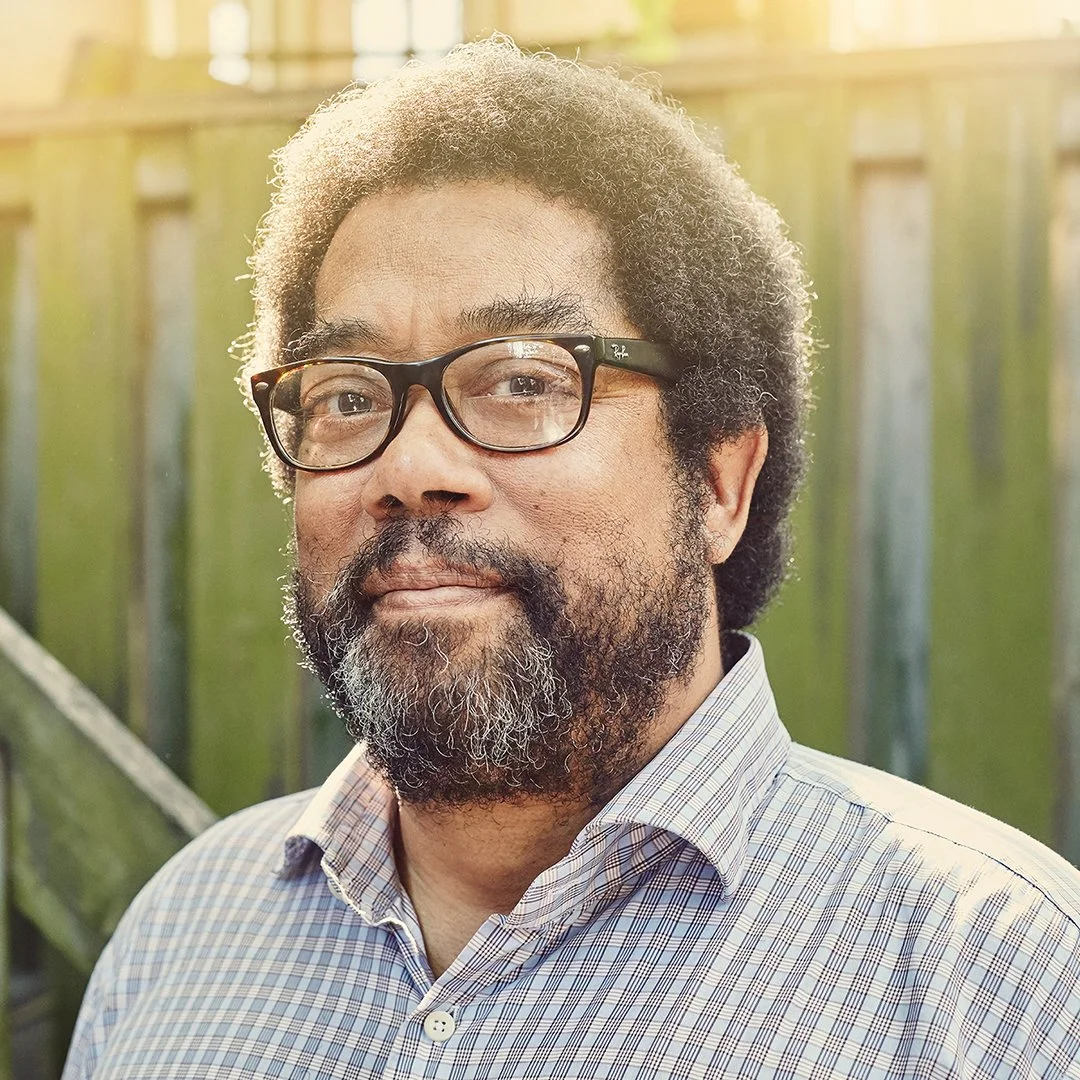Brother, I’m Dying by Edwidge Danticat
Edwidge Danticat’s writing calls three words to mind: modesty, dignity, and sophistication. Danticat’s modesty is not false humility, but rather a simple belief that other people’s stories are as important as her own.
Born in Haiti in 1969, Danticat moved to New York at the age of twelve. She now resides in Miami. Her career was launched in 1994 with Breath, Eyes, Memory. In this and other works including Krik?Krak! and The Farming of Bones, she writes of ordinary Haitians struggling to survive crippling poverty and deadly political violence.
Danticat affirms the lives of those who have gone missing through emigration or exile or detainment or death, those whose stories might be quickly forgotten or never known. Her quiet, sophisticated style starkly exposes the staggering brutality of the world she describes. Yet her work is suffused with dignity, a bedrock pride, stemming from an immutable historical fact: Haiti was established by slave revolt.
In her memoir, Brother I’m, Dying, she continues to speak for those who can no longer speak for themselves- in this case her own dear kin. The book tells the story of Danticat’s relationship with the two men who raised her: her father, Mira, who abandoned Haiti to build a new life for his family in the United States, and Mira’s older brother, Joseph, who cared for Danticat until she reunited with her parents in New York.
In 2004, Danticat learns- on the same day she discovers she is pregnant- that her father is dying from pulmonary fibrosis. That same year, her Uncle Joseph dies suddenly in Miami after being detained and mistreated by immigration officials. The details of Joseph’s death are so breathtakingly cruel they come close to obliterating the compelling story of his life. But not quite.
As a young man, Joseph settles in the Bel Air section of Port-au-Prince. He and his wife are the center of an active political circle. But after his hero President Daniel Fignole is forced into exile, Joseph shifts his focus to religion. He builds a church and a school and develops a reputation as a powerful preacher.
Port-au-Prince, Haiti (photo by Heather Suggitt)
Besides taking in Edwidge, her younger brother, a grandson, and a niece, Joseph also adopts Micheline, the daughter of a Venezuelan friend. Danticat grows up with a kind of ghostly awareness of absent loved ones. Her unique sensibility and other basic facts of her life shape her future literary concerns. For instance, after her uncle undergoes a radical laryngectomy, Danticat, in a manner of speaking, becomes his voice.
Fact or fiction, Danticat’s tales always unfold within a specific historical and political context. Bel Air had been the site of a battle between mulatto abolitionists and French colonists. Danticat’s Grandpe Nozial was a guerilla fighter in the struggle against the American troops during the first US occupation, launched largely to protect President Woodrow Wilson’s private interests and leaving behind a legacy of violence. Bel Air, a hotbed of support for ousted President Jean-Bertrande Aristide, becomes a site of deadly battles between police, UN forces, and local gangs. Micheline suffers a heart attack when gunfire erupts outside the clinic where she works. And Joseph is forced to flee when gangs accuse him of supporting UN forces. It is after arriving in Miami that he is shackled and imprisoned at the Krome Detention Center without his medication.
Danticat’s distress as it spills onto the page is so intense it is practically audible: “Was my uncle going to jail because he was Haitian?... Was he going to jail because he was Black? If he were white, Cuban, anything other than Haitian, would he have been going to Krome?” Within days, Joseph is dead.
Miami Beach (photo by Hector Falcon)
At this time, a heavily pregnant Danticat has been flying back and forth between Miami and New York to visit her dying father, attempting to make up, in the short time remaining, for all the years spent apart.
Her love for both men is touched by ambivalence. She does not want to diminish the role of the uncle who cared for her. And she does not want to diminish the role of the father who loves her. In fact, Danticat constitutes a great part of the bond that the brothers have shared. Danticat’s daughter, Mira, is born in time to meet her grandfather. But he dies soon after, leaving Danticat to experience her greatest joy and greatest sorrow in practically the same moment- reminding us, as she does with everything she writes, that the opposite of death is love.
This review appeared previously in the Toronto Star.







